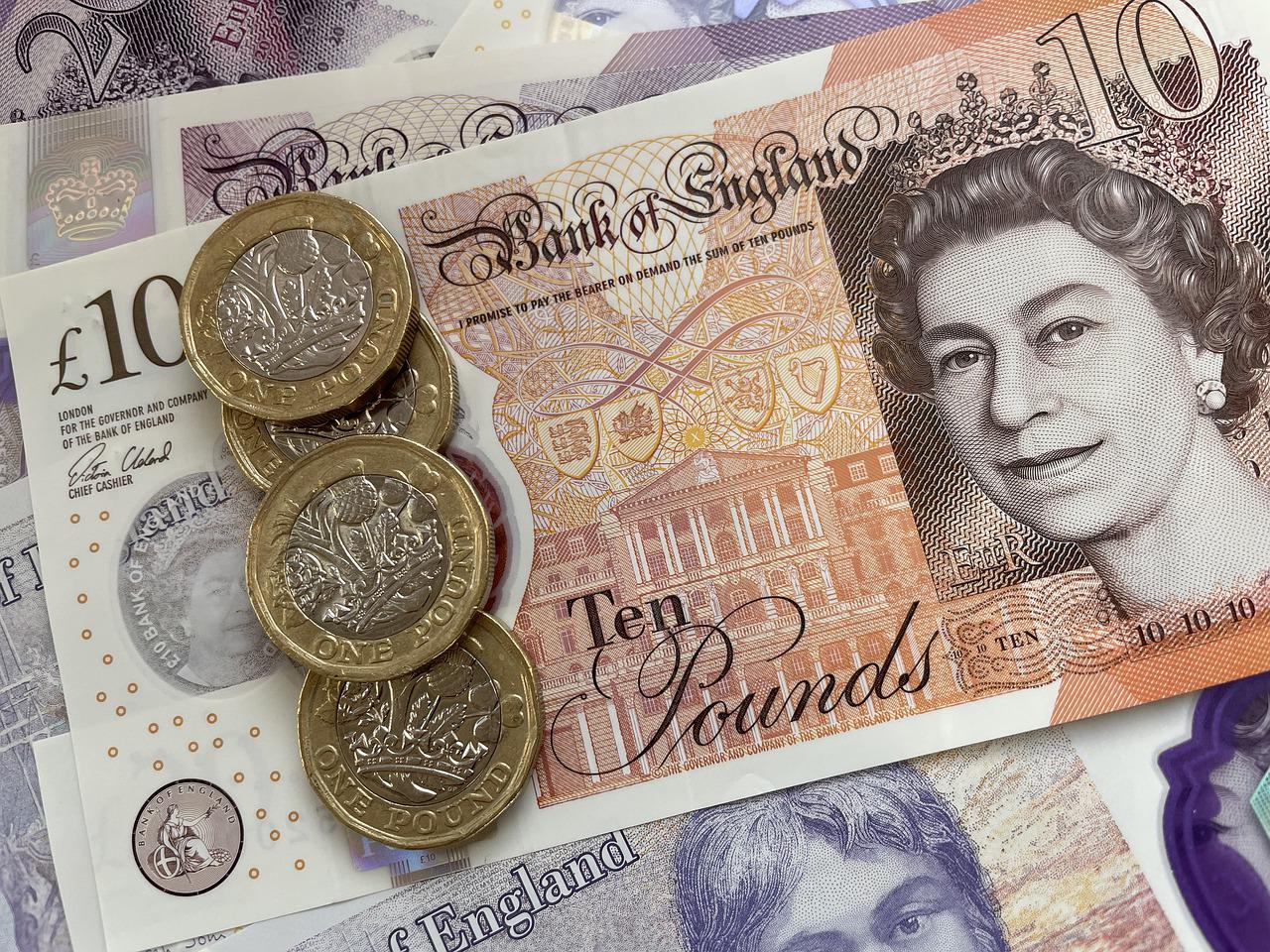The GBP, or Great British Pound, stands as one of the world’s oldest and most influential currencies. With a rich history dating back centuries, the GBP has evolved through economic shifts, geopolitical changes, and financial innovations. In this article, we will delve into the intricacies of the GBP, exploring its strengths, facing challenges, and speculating on its future prospects.
Historical Evolution:
The GBP’s journey begins in the 8th century when the Kingdom of Mercia introduced silver pennies, laying the foundation for the British currency. Over the centuries, the GBP underwent several transformations, including the Gold Standard in the 19th century, which pegged the currency to a specific amount of gold. However, the Gold Standard was abandoned in the early 20th century, and the GBP became a fiat currency.
Strengths of the GBP:
- Global Reserve Currency: The GBP has historically been a significant global reserve currency, although it has been surpassed by the US Dollar and the Euro in recent decades. Nevertheless, the GBP remains a vital component in international trade and finance, contributing to its stability.
- Financial Center Status: London, with its robust financial infrastructure, serves as a global financial hub. The City of London is renowned for its financial institutions, including the Bank of England, making it a vital center for currency trading. This financial prowess adds strength to the GBP.
- Economic Stability: The United Kingdom boasts a stable and diverse economy, with sectors such as finance, manufacturing, and services contributing significantly. The Bank of England plays a crucial role in maintaining economic stability, utilizing monetary policy tools to control inflation and promote growth.
Challenges Faced by the GBP:
- Brexit Uncertainties: The most significant recent challenge for the GBP has been the United Kingdom’s decision to leave the European Union, commonly known as Brexit. The prolonged negotiations and uncertainties surrounding trade agreements have led to fluctuations in the GBP’s value and raised concerns among investors.
- Inflation Pressures: Like many other currencies, the GBP faces the challenge of managing inflation. Inflationary pressures can erode the purchasing power of the currency, impacting the cost of goods and services for consumers.
- Geopolitical Factors: Geopolitical tensions, both domestic and international, can influence the GBP’s performance. Political instability or uncertainty can lead to market volatility and impact investor confidence.
Future Prospects:
- Digital Innovations: The future of the GBP may involve embracing digital currencies. The rise of cryptocurrencies and central bank digital currencies (CBDCs) has prompted discussions about the Bank of England issuing a digital version of the GBP. This could enhance financial inclusion and streamline transactions.
- Post-Brexit Rebuilding: As the United Kingdom adapts to its post-Brexit reality, there are opportunities for economic rebuilding. Trade agreements, both bilateral and multilateral, can shape the trajectory of the GBP. A successful post-Brexit economy may contribute to the GBP’s strength.
- Green Finance Initiatives: With a growing emphasis on sustainability and combating climate change, the UK government is increasingly focusing on green finance initiatives. This shift towards a greener economy could attract investments and positively impact the GBP.
Conclusion:
The GBP‘s journey has been marked by resilience and adaptability. Despite facing challenges like Brexit uncertainties and inflation pressures, the currency continues to stand as a symbol of economic stability. The future of the GBP holds promise, with potential digital innovations, post-Brexit rebuilding, and a commitment to green finance initiatives. As global financial landscapes evolve, the GBP is poised to navigate new horizons, reflecting the dynamism inherent in one of the world’s oldest currencies.

